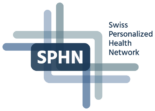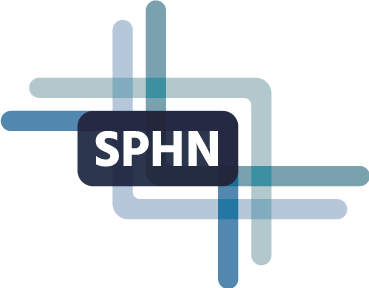ELSI Projects
The Ethical, Legal and Social Implications advisory group (ELSIag) is an advisory body to the entire SPHN. As such it is tasked to address key ethical, legal and societal challenges that are relevant to the SPHN’s activities. At the same time, the ELSIag aims to sensitize all players about the latest developments, regulations and frameworks in order to deal with research data in a unified and ethically legal manner. This page provides an overview of the ELSIag's activities and projects.
Ongoing projects
ELSI resources
Guidance on ELSI challenges for the further use of genomic data
This document addresses ethical, legal and social challenges of the further use of human genomic data for research. It offers practical ethical recommendations designed to promote a harmonized national approach that enables national and international collaboration. A key focus is to foster trust in the sharing of genomic data by data subjects and the general public.
These recommendations are intended to serve key stakeholders—providers, recipients or processors of data, and regulatory bodies—in ensuring responsible and effective use of genomic data while addressing ethical and societal considerations.
Ethical Framework for Responsible Data Processing in Personalized Health Research
The Framework provides ethical guidance to the partners of the Network as to the collection, storage, analysis and sharing of personal data for research purposes. Health-related personal data are often derived from human biological material. Both data and human biological material are addressed in the second version of the Framework, which is endorsed by the Swiss Biobanking Platform (SBP) and the ETH Domain Strategic Focus Area on Personalised Health and Related Technologies (PHRT).
Further information:
Guidance on Ethical health data sharing in public-private partnerships
The document ‘Ethical health data sharing in public-private partnerships’ provides guidance for SPHN-funded grantees and private sector entities (together: the PPP partners) who intend to negotiate and establish public-private partnerships (PPPs), primarily for the purpose of accessing data generated, collected, or curated in the context of a SPHN-funded research project. With these guidelines, SPHN aims to support the negotiation of ethically robust and fair conditions for such PPPs. The document is intended to supplement legal agreements. Templates for legal agreements which are suitable for PPPs can be found here. SPHN-funded grantees must follow these guidelines when entering PPPs.
Guidance for Reporting Actionable Genetic Findings to Research Participants
The document 'Reporting Actionable Genetic Findings to Research Participants' contains recommendations that suggest mechanisms to support an ethically responsible handling of research findings that have potential medical relevance for individual research participants involved in SPHN-funded studies. They suggest harmonized procedures to enhance the public accountability of decisions regarding how to report individual research findings to research participants. Adherence to the recommendations contained in this document will promote more accountable decisions in such an extremely delicate subject matter and will increase public trust in SPHN as well as in SPHN grantees.
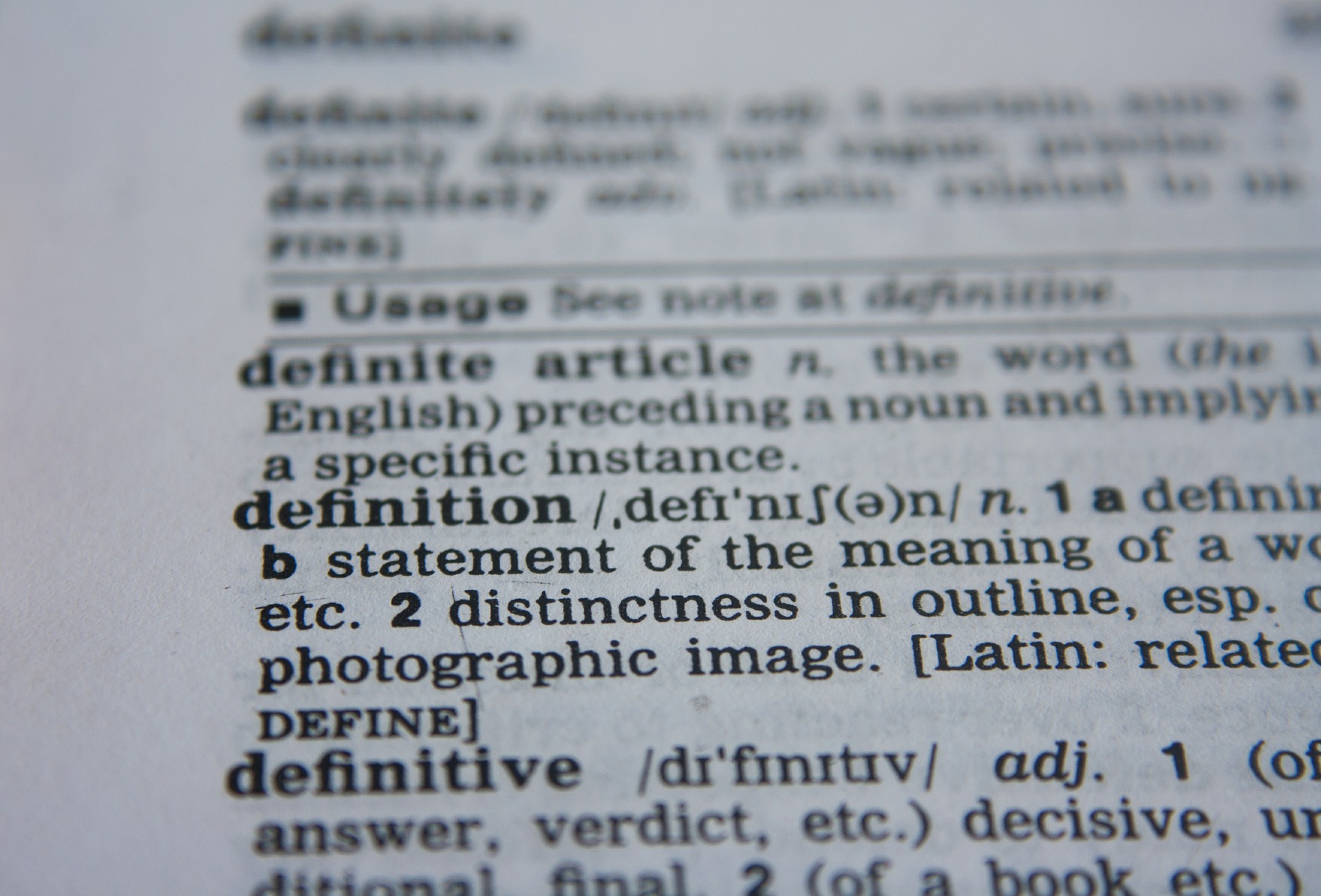
SPHN Glossary
In order to ensure that SPHN stakeholders, partners and participating institutions share a common understanding on the most frequently used legal and technical terms related to SPHN, the ELSIag has developed a Glossary.
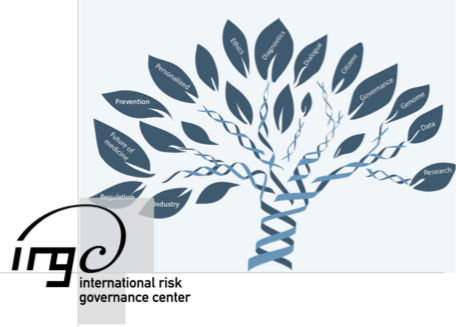
Workshop Governance of Trust in Precision Medicine
In 2017, the ELSI advisory group has co-organized a workshop on the topic of 'Governance of Trust in Precision Medicine' together with the International Risk Goverance Center (IRGC) at EPFL. The workshop report as well as related publications can be found here.

Legal Agreement Templates
SPHN and Swiss Biobanking Platform (SBP) have worked in close collaboration to deliver legal agreement templates to facilitate data and material exchange in the context of academic research projects.
SPHN and SBP encourages their partners as well as anyone working with data or biological material in Switzerland to adopt these templates. Indeed, the same agreement model will be used in the future by these institutions, which is a considerable added value. If you plan a multicentric collaboration and/or usage of BioMedIT, legal agreement templates can be downloaded here. Please contact the PHI Group for guidance and support. The MTA template is available on the SBP website here.
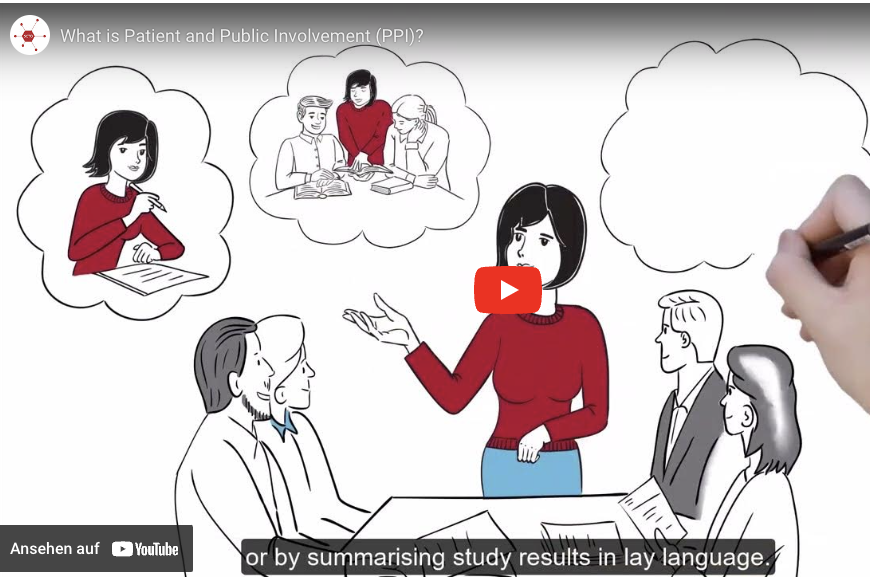
Patient and Citizen Involvement Think Tank (Lead: SCTO)
In the era of personalized healthcare, citizens and patients express an increasing will to actively participate in healthcare decisions and related research. To realize the potential of personalized health research, it's crucial to cultivate broad acceptance and understanding among the public for sharing clinical information, biological samples, and genomic data. Establishing trust and fostering a positive attitude towards data sharing requires an open dialogue, transparency, and knowledge-building measures, with early involvement of patient perspectives.
SPHN, therefore, issued a mandate for establishing a Swiss Patient & Citizen involvement Think Tank for Personalised Health and Clinical Research. The Think Tank shall identify patient/citizen related issues in the context of personalised health and clinical research in general and advise different organisations (such as SBP, SCTO, and SPHN etc).
